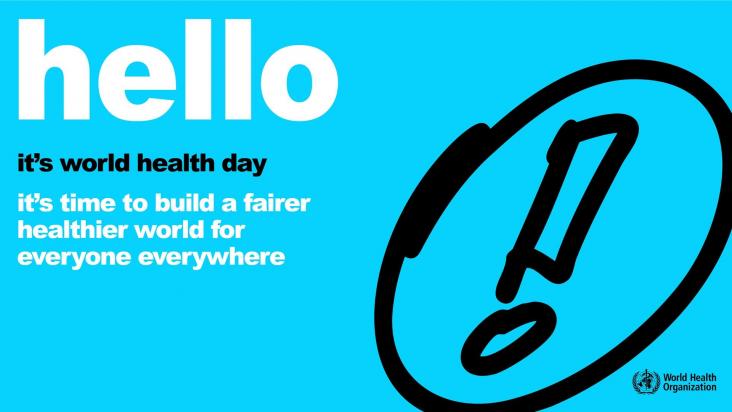This Article supprts SDGs 3 and 10 by assessing the performance of four severity scoring systems used for case-mix determination and benchmarking in intensive care units to identify possible ethnicity-based bias. The study found systemic differences in calibration across ethnicities.
This Comment article supports SDGs 3, 10, and 17 by highlighting the need for full inclusivity and representation, and the involvement of a diverse range of stakeholders and voices, in order to successfully design solutions to global health problems and to reform the systems that are exacerbating global health inequities.
Data-driven digital health technologies have the power to transform health care.
This study identified, for the first time, determinants of low Symphysis–Fundal Height (SFH) in the context of multiple infections, nutrient deficiencies, and inflammation in a marginalized community of pregnant indigenous women and recommends the use of low SFH as a screening tool in remote settings for the identification of high-risk pregnancies is a first step to improve maternal and fetal health
To mark World Health Day 2021, RELX’s Global Head of Corporate Responsibility, Dr Márcia Balisciano, talks to Dr Richard McCallum and Dr Erika Claud about the need for a fairer and healthier world for all.

April 7th of each year marks the celebration of World Health Day. From its inception at the First Health Assembly in 1948 and since taking effect in 1950, the celebration has aimed to create awareness of a specific health theme to highlight a priority area of concern for the World Health Organization. To raise awareness of this year's theme - building a fairer, healthier world for everyone - Elsevier presents a curated list of free access journal articles and book chapters.

Nexis Newsdesk™ has created graphics on the SDGs and the Global Media Landscape, offering charts & insights into global media coverage of the Sustainable Development Goals. View findings for Global Goal 10.

Nexis Newsdesk™ has created reports on the Sustainable Development Goals and the Global Media Landscape, offering charts & insights into global media coverage of the Global Goals.
Open Access (OA) and the advent of access programs such as Research4Life have rapidly transformed the publishing landscape. In some ways, they have made strides in bridging the knowledge gap between high- and low-income countries. In other ways, they may present obstacles, so it’s important to ensure that a move towards open access doesn’t disadvantage low-income countries.This article contributes to SDGs 10 and 17.
A Commentary on the Healthy People 2030 roadmap, in the context of SDGs 3 and 10, focusing specifically on the potential of this initiative in addressing upstream determinants of health to achieve health equity across the USA.
